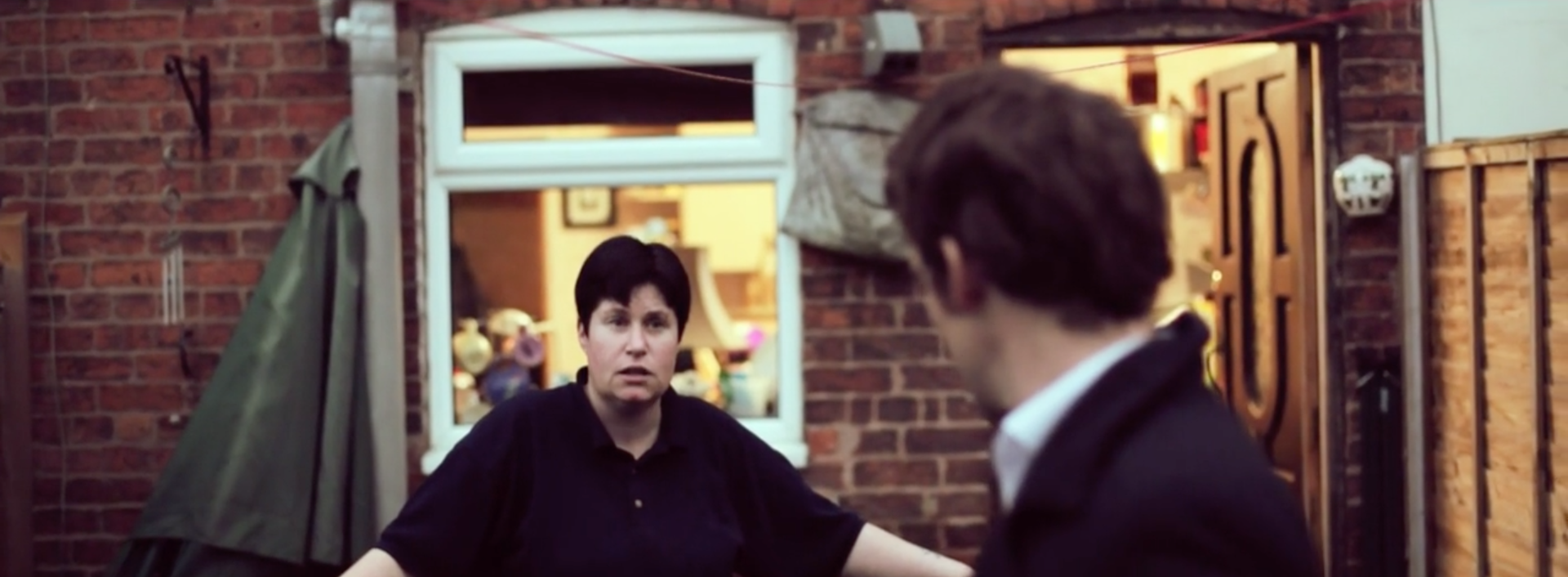These graduate community organisers would support priorities identified by the local community. They would support and enable:
- the development and strengthening of local social infrastructure
- better health outcomes and reduced health inequality
- enhanced local culture and civic pride
- digital skills
- local control of assets
Devolving real power to local people is the only way to instil agency and confidence. But to achieve this requires skilled people to support people in left behind neighbourhoods to build their confidence and take control. However, there is a significant lack of community development expertise nationally. A nationally recognised graduate scheme is the best way to address this and make crucial work in left behind neighbourhoods a career aspiration not a career sacrifice. Skilled and experienced graduate community organisers will catalyse community led change.
Our proposal will take the best of schemes such as Teach First, Frontline and Police Now and apply top graduate talent to the challenge of leaving no community behind. It will make community organising/regeneration work an attractive and rewarding career for committed community-minded graduates who wish to invest in the success and wellbeing of their fellow citizens. It will provide incentives for graduates from disadvantaged neighbourhoods to return to live and work in their home communities. It will harness skills and attributes that are currently benefitting other sectors because of the lack of meaningful progression pathways.
Designed by Durham University and the charity Community Organisers, the Community First Scheme is explicitly intended for export to universities throughout England. We believe Community First employees should work towards a Postgraduate Diploma and subsequently for an MA in Community Organising. These programmes of study may be designed by Durham University or via collaborative work by the partners in the scheme. The scheme will build close partnership between universities and adjacent left behind neighbourhoods. It will engage higher education institutions in the practical work of levelling up. Early wins are an explicit objective. They will be achieved by locating community first graduates in accommodation in left behind neighbourhoods and facilitating local agency to liberate and enrich communities.
Our proposal is modelled loosely on the Settlement Houses that brought volunteer workers to poor urban areas of the United Kingdom between the 1880s and 1920s to share knowledge and culture and alleviate poverty. It is shorn of the ‘much to offer and nothing to learn’ condescension that typified such efforts. Community First graduates will live and work in left behind neighbourhoods in order to facilitate and support the ambitions of local people. They will become members of these communities and they will work as partners to make levelling up a reality.
Partnership between South College Durham University and Community Organisers, the national charity that has pioneered training in community organising, with support from Local Trust, will provide the skills base and relationships to give the project life. The social action hubs created by Community Organisers through the DCMS Community Organisers Expansion Programme and Local Trust’s Big Local Areas will offer a network through which to introduce it. The location of universities adjacent to concentrations of left behind neighbourhoods in every part of England will maximise its impact.
Initial Investment Required
The ambition is a salaried, national Community First graduate scheme capable of attracting top graduate talent and an England-wide cohort of truly expert Community Organisers. By locating such regeneration enablers in all 225 left behind neighbourhoods in England, the authors believe that levelling-up can be made a tangible reality for communities marked by social and economic deprivation, deficient social infrastructure, poor connectivity, low levels of community engagement and an acute shortage of community spaces. We further believe that Community First can soon ensure a pipeline of crucial frontline experience to the civil service, national agencies and private sector partners.
Professor Tim Luckhurst MA, FRSA
Principal South College and Associate Pro Vice Chancellor Engagement, Durham University
Nick Gardham FRSA
Chief Executive, Community Organisers



